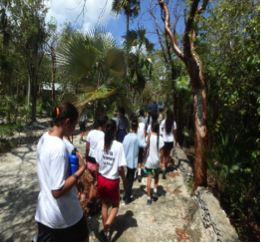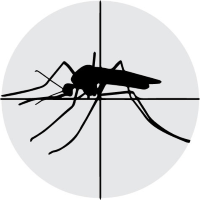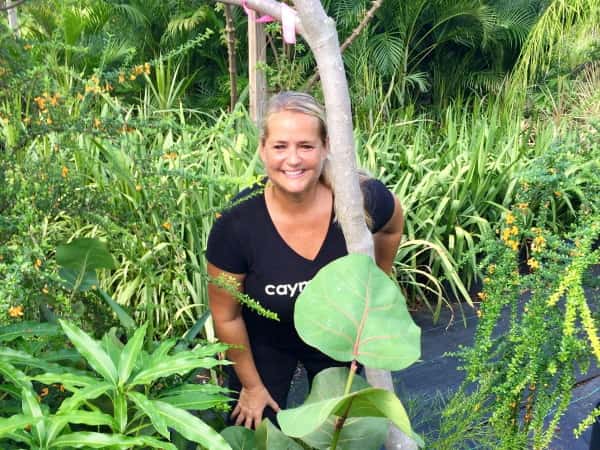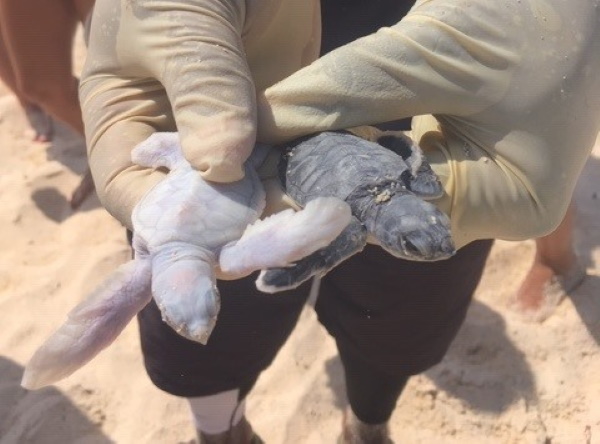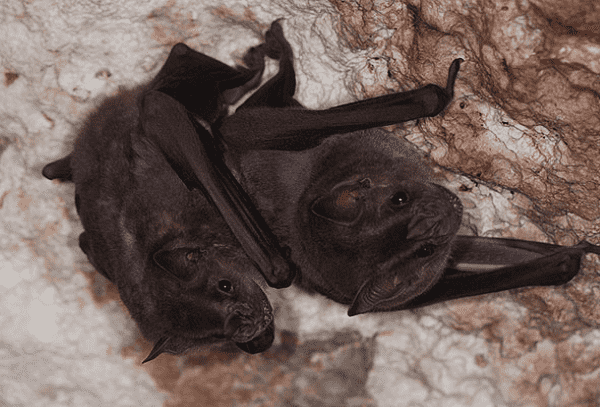(CNS): Students from Creek, Spot Bay and West End primary schools celebrated Earth Day at West End Community Park in Cayman Brac on Thursday, 21 April. The event began with Kathleen Bodden-Harris sharing information from the Department of Environment (DoE) regarding endemic Rock Iguanas.
The site was the perfect venue for the gathering as young iguanas came out of hiding to check out the commotion, while the youngsters learned about these rare native creatures.
Some points of interest from the lecture were ways to identify differences between the native species and the invasive green iguanas. Pictures and flyers highlighted gender determinations of adult iguanas as male or female. The creatures are in the midst of mating season, making them susceptible to road injuries or death.
Students learned it was not necessary to feed iguanas since the entire island is a lush banquet for the native reptiles. However, if people did choose to feed iguanas, it is recommended to offer them native fruits, such as sea grapes, bananas or papayas, instead of processed foods such as bread and snacks.
The endemic creatures are opportunistic and, if fed routinely, will become aggressive, demanding food and becoming territorial with each other. Such behaviour leads to fighting over feeding areas and can result in injuries.
Researchers from DoE will be out on the side of the local roads rounding up iguanas to process and collect data to add to their resource banks. Processing includes tagging with beads and pit tags, measuring weight and size, and taking blood samples for DNA determinations.
The students were told how properly to report iguana sightings by correctly reading the colour bead sequences, from the outside into the centre.
Bodden-Harris led a walk around the park to point out iguana nesting sites and bolt holes where the cautious residents peered out at the students. The youngsters combed the bush to find evidence of where the females had dug to test if the ground would provide the perfect nesting place. The community park holds the largest local concentration of population and nest sites.
After the walk, each child was given papaya seedlings to plant and care for in the park. The students also collected litter from the planting areas. The hope is that the tiny seedlings will become the future food for not only the resident iguanas, but also for Cayman Brac parrots and native bat species.
The next day, the students who did not participate in the Earth Day activities, took part in the celebration at their respective schools. The Department of Agriculture donated and delivered three native fruit trees for planting to commemorate Earth Day in Cayman Brac.

